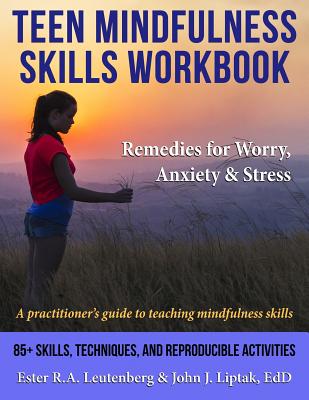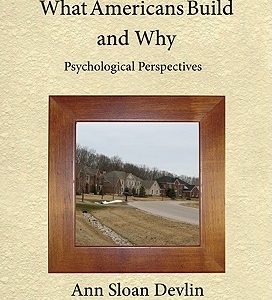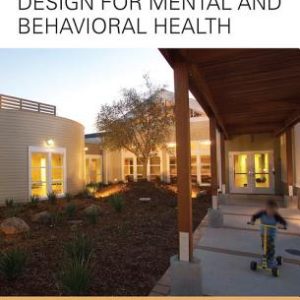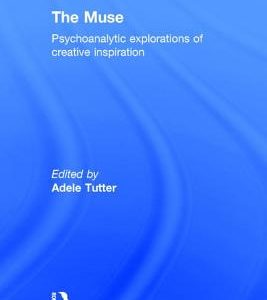Teen Mindfulness Skills Workbook; Remedies for Worry, Anxiety & Stress: A Practitioner’s Guide to Teaching Mindfulness Skills
$26.96
Description
Do you have teenage clients struggling with worry, anxiety, and stress? Mindfulness is a proven antidote to address these emotionally centered issues. The Teen Mindfulness Skills Workbook: Remedies for Worry, Anxiety & Stress will give you the tools needed to help your teen clients as they explore and develop mindfulness skills. Over 85 downloadable PDF mindfulness worksheets included.
This workbook has been designed as a practical tool for counselors, social workers, teachers, group leaders, therapists, and other helping professionals. Depending on the role of the professional using Teen Mindfulness Skills Workbook: Remedies for Worry, Anxiety & Stress, the modules can be used either individually or as part of an integrated mindfulness curriculum. You may choose to use this program with clients who need to slow down, live more in the present moment, pay attention rather than live on autopilot, and accept life and others without being judgmental.
This workbook includes everything you need to help your teenage clients to develop mindfulness skills. Each chapter begins with discussion questions to encourage deeper self-reflection, followed by activity pages designed to teach specific mindfulness skills.
The reproducible activities, exercises, and handouts in this workbook can be used with individual clients or with groups. The techniques used in the assessment tool and self-exploration activities are evidence-based and field-tested. With over 85 downlaodable PDF mindfulness worksheets, printing the worksheets for use during counseling sessions or as a take home project is easier than ever.
Why Is Mindfulness Important?
Although mindfulness is not automatic and does not occur spontaneously, it can be learned and practiced so that it can be accessed intentionally when needed. Some of the characteristics of mindfulness include non-judgmental awareness, paying attention on purpose, remaining non-judgmental, staying in the present, being non-reactive, and remaining openhearted and compassionate.
Mindfulness has many benefits that can help to reduce the stress associated with daily hassles:
– Increased acceptance–By not making evaluations, participants can accept the internal thoughts in their mind and see these messages as simple mental processes rather than pure truths.
– Greater awareness–Participants will be able to experience expanded awareness and a clearer vision of the world and its processes.
– Less intense reactions–Participants will be less inclined to react when experiencing the stress of daily hassles. Instead, they will develop an observer stance through which they are free from evaluation, attachment, and frustration.
– Relaxed approach–Participants will learn to relax to be better able to cope with worry, anxiety, and stress related to daily hassles in life.
– Calm demeanor–Participants develop a state of mind in which they are mentally and physically at peace. They will be prepared to deal more effectively with the daily worry, anxiety, and stress caused by everyday hassles. They will experience greater overall well-being.
– Mental functioning–Participants will experience greater concentration, focus, and self-awareness that will promote greater personal and professional growth and development.
CHAPTERS:
Chapter 1: Are You on Autopilot?
Chapter 2: Do You Pay Full Attention?
Chapter 3: Can You Stay in the Present Moment?
Chapter 4: Do You Accept Others By Using Wise Judgment?
Chapter 5: Do You Have a Backpack of Mindfulness Techniques?
Author: Leutenberg, Ester R a, Author: Liptak, John J, With: Tilicki, Nikki
Topic: New Age / Body, Mind & Spirit
Media: Book
ISBN: 1570253560
Language: English
Pages: 136
Additional information
| Weight | 0.73 lbs |
|---|---|
| Dimensions | 11 × 8.5 × 0.29 in |















Reviews
There are no reviews yet.